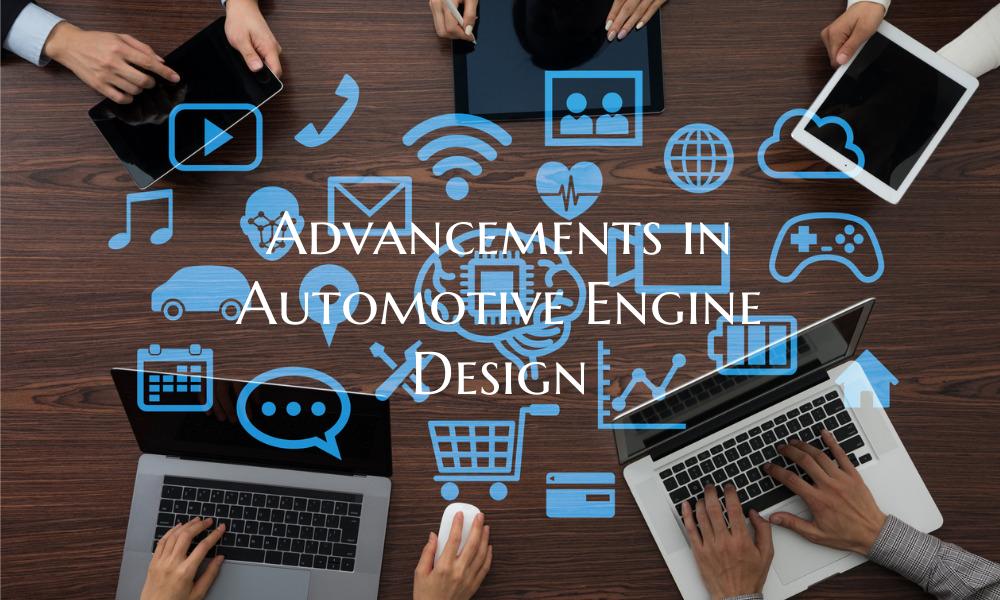Advancements in Automotive Engine Design
Advancements in automotive engine design have revolutionized the way vehicles operate, delivering improved performance, efficiency, and environmental impact. As technology continues to progress, automakers are pushing the boundaries of traditional engine design to create innovative solutions that meet the demands of modern drivers.
One key advancement is the shift towards electrification in automotive engines. Electric vehicles (EVs) feature electric motors powered by batteries, offering zero emissions and a quieter driving experience. The development of EVs has led to increased efficiency and reduced reliance on fossil fuels, addressing growing environmental concerns. Furthermore, advancements in battery technology have extended the driving range of EVs, making them a practical choice for more consumers.
In addition to electrification, advancements in traditional internal combustion engines have also played a significant role in enhancing automotive performance. Engine manufacturers have introduced technologies such as turbocharging, direct fuel injection, and variable valve timing to improve fuel efficiency and power output. These innovations have enabled vehicles to deliver more horsepower while consuming less fuel, meeting the needs of performance-oriented drivers without compromising on efficiency.
Moreover, the integration of lightweight materials and advanced manufacturing processes has allowed engineers to design engines that are both powerful and compact. Lightweight components such as carbon fiber, aluminum alloys, and high-strength steels contribute to overall vehicle weight reduction, improving handling and acceleration. Furthermore, advancements in additive manufacturing techniques have enabled the production of complex engine parts with increased precision and durability.
Furthermore, connectivity and artificial intelligence are transforming automotive engine design by enabling real-time data analysis and optimization. Vehicle-to-everything (V2X) communication systems provide vehicles with instant access to traffic information, weather updates, and navigation assistance, allowing engines to adapt to changing driving conditions for enhanced performance and safety. Artificial intelligence algorithms can also optimize engine tuning, predictive maintenance, and energy management, ensuring optimal efficiency and reliability.
In conclusion, advancements in automotive engine design continue to drive innovation in the automotive industry, shaping the future of transportation. Whether through electrification, advanced combustion technologies, lightweight materials, or digital integration, these advancements are paving the way for cleaner, more efficient, and more intelligent vehicles. By embracing these technologies, automakers are creating a new era of automotive design that prioritizes sustainability, performance, and driver convenience.

